Susannah Cord, author, horsewoman, thinker, wife, friend… What does she think about when she writes pages of a book? Why did she even become a writer? How does anyone become a writer? I have questions and Susannah has answers. This is the first interview on her brand new blog tour. I think you will love it!
Who do you have in mind when you write?
This is going to sound really corny, but I don’t really have anyone in mind unless of course I am describing a certain person, but even then, what I really have in mind is not a who but a what – a feeling, a reaching inside for the right words to describe the truth of how a person or thing or situation makes me feel. A desire to tell this in a way that will reach out and grab someone in a beneficial manner. I have said before that I write from the heart first and foremost, and this applies to everything. I write from how something or someone makes me feel, and I want to pass that on as best I can.
Have you always aspired to be a writer?
~ Not with any real intention, no. I was a prolific dabbler in writing for most of my life. But it was something I did because it helped me, made me feel better, find clarity when I was hurting and confused, and because whatever was bottled up inside came out and became a creative rather than a destructive exercise.
Tell me about how you became a writer—what was the first step for you?
It was a very slow process. It started when I was four and tried to copy my mother’s grocery list which looked like an orderly line of intriguing hieroglyphics. My earnest attempt to reproduce that effect looked like worms tripping on LSD in a puddle of milk, so it was disappointing to say the least, not to mention frustrating, but, to my credit, I persevered.
In time, the worms metamorphosed into words and the words carried meaning and my repertoire expanded as it came to include a lot of essays, poetry and prose, lyrics to songs no one would ever sing, a column for an equestrian magazine, a blog and ultimately, my first book, a fairytale I wrote for my niece Zoe and published to honour the memory of my mother. When I first held that real book in my hands, that was the moment I felt that desire to do more, the moment I thought “Wait a minute. I can do this. I WANT to do this. I have a lot more to say and write.” Then the safari to Kenya came along and the rest, as they say, will one day be history…
Do you have a distinctive “voice” as a writer?
Of course, I like to think I do, and this is where I get to say that several editors have told me I do, but ultimately, like beauty, I think that will be in the mind of the reader. One musician told me once that I phrase musically, and I don’t even know what that means, but apparently he thought it was pretty cool, so there you go. That’s my answer- but of course, I phrase musically, don’t you know?
Do you think anyone can learn to be an effective writer or is it an unnamed spiritual gift?
What an interesting question. It immediately makes me think of horses and riders. Because in the equestrian world we talk about people that are gifted with ‘feel’ and how it simply cannot be taught. You can teach technique, you can teach someone how to ride and how to master exercises and how to be an effective and capable rider, but you cannot teach them how to feel, how to intuit just the right thing to do in that split second moment of decision. You can teach them an approximation of that feel, but to actually have feel, no. You just can’t. And that is what separates a great rider from a good one.
Some will say you can teach it using technology, but I say you can’t – because feel comes from the inside, from spirit. Feel is an intuiting of the information carried in pure energy and we and the horse read this with a sixth sense that you will not find in machines. You are riding the horse and you are both riding a wave of energy between you. I was gifted with a lot of this ‘feel’ as a rider and I cannot tell someone how I knew to do just that in that moment, I did it because it felt right, not because that was a technique I learned. More often than not, I am not even sure what I did, it might have been as simple as relaxing one body part while tensing another, sending the horse a subtle message only he felt and understood. And it might not work tomorrow but then my ‘feel’ will tell me what to do then.
So I would think the same applies to writing. You can teach good grammar, techniques, rules etc etc and just like riding horses, these are necessary. You have to know the rules in order to break them well, and you have to have good technique to bend them. But knowing just how to build a sentence for maximum effect and beauty, how to bend the rules just so in order to sway the sentence with a touch of magic – that is something that comes from the heart and spirit, woven independently of and yet within the confines of rules and technique. And either you access that or you don’t.
Was there a point at which you felt this would be a career?
Yes and no. First it was just a slow awakening to the idea that this was something I could do and do full time and be effective – that yes, I did have a voice. It had me thinking. Then I had an offer out of the blue to write a book for one of the world’s premier equestrian publishers with one of our most interesting, out of the box, horsemen and that was the moment I realized this could be for real. Ultimately, I had to put that project on the back burner because the riding safari project came along, but it’s still there in the back of my mind, and it was the trigger that made me consider taking myself seriously as a writer.
Is there a book you’re most proud of?
~ Not yet. I am on my third book and so far all three have been so different – Fenella is an illustrated fairytale, Seeds of Change is a book of essays and photography and my new book, Each Wind That Blows is a memoir – so I am proud of each, each in their own way. They all challenged me in different ways, taught me different things.
Writing is so internal, in the head, how do you release the pressure before you begin writing?
~ Exercise, yoga and meditation. Either my morning workout and/or working with my horses which can be like a meditation in movement. I attend yoga classes twice a week and practice at home along with rebounding and using a ski machine. It clears my mind and grounds me for the task ahead. Being with the horses is being in Nature and it connects me with that indefinable sense of spirit that I always try to write from. I often say a little prayer before I write, asking for guidance to find the right words and to be guided to the stories that need to be written.
On average, how long does it take for you to write your ideas down before you start writing a book?
~ A few seconds and minutes here and there, mostly it is all in my head and in the mental fog, waiting to be revealed. So far my writing, except Fenella, has been heavily based upon personal experience so mostly I just open that vault and go. If – and it is a dream of mine – I one day attempt to write a full blown fiction or fantasy saga, then I am sure that will change and some serious planning will have to go into it as well as my usual ‘go with the flow’ rule.
What would you say is the “defining” factor in your writing? What makes it yours?
~ For now, I would say the fact that it is drawn from personal experience to a great degree. But also that I simultaneously consciously invite Spirit in to form my words and tell the story in the best possible way, that will mean something to the reader. It isn’t just about me needing to figure this out on paper, or wanting to share my experiences, thoughts and ideas, it is about what is my experience worth to someone else. I don’t know that, only Spirit has the big picture and I consciously turn it over and surrender my ideas to Spirit, God, Source, call it what you will. And I am often very, very surprised at what comes out.
How do you guard your time to do what’s most important?
I am absolutely terrible at that. If you know how to do that, do let me know. I get so caught up in what I am doing, be it horses, writing or photography that I lose track of time and I have a hell of time switching gears once I get comfortable in one. It is one of the great challenges of my day to day life to balance these many passions of mine. So basically, it’s an exercise in self-discipline that I have yet to master.
What are some of the more common distractions you struggle with and what ways have you found to overcome them?
I don’t have many real distractions because they are all my passions and they fill up my day but there is one that qualifies as outright distraction although it’s also part of where I keep up with conservation efforts worldwide as part of my project, The Katika Nuru Project. It’s embarrassing, but Facebook can be a major distraction. I have liked so many Nature pages, photographers, conservation organizations and so on, and this is mostly what shows up in my feed so it’s great for keeping up with what’s happening. But if I am not careful, an hour goes by with me watching what they caught on camera and the latest, cutest elephant video or rare snow leopard footage or I am signing petitions for conservation and animals all over the world….
What kind of review do you take to heart?
A good one! I try to take any review, the good and the bad, with a grain of salt. Every review will still be through the filter of that human being’s perspective and he/she and I may not be on the same page never mind the same planet at all. If something still sticks with me after a few days, I will take that to heart as a sign of a grain of truth to be considered, something I maybe kind of knew but wasn’t ready to face on my own. Even a compliment can be hard to accept, that is how twisted the human mind can be.
How do you decide what your next book will be about?
I don’t. I am told by my manager upstairs and when I understand those are the marching orders, I go where I’m led. Of course, I make some kind of decision to comply with this and that is when I get that feeling that no matter now frightening the concept is to me, how vulnerable it might make me feel, how overwhelming or not what I thought I’d be doing, I can’t not do it. That is when I decide to do as I am told, so to speak, that is when I say yes, I will follow my nose, my heart.
Was there a link between your childhood and your vocation as a writer?
Only in so far as I have always enjoyed writing, from the time I could only make psychedelic worms appear on paper to the time I wrote my first story at six or seven. But our family was very science oriented, I come from a family of engineers so it was ‘nice’ that I wrote well, but it was never encouraged as a vocation. I was going to be an engineer, or a doctor or a vet or an archaeologist, but a writer was never on the menu. Well, now we know how that turned out.
As a writer, however, you have the opportunity to self-reflect, to revisit experiences. How does that feel?
Mostly, cathartic. Sometimes, disturbing, confusing, challenging. I have spent sleepless nights wondering what really happened, why did I do what I did, say what I said, what was really going on, what was the lesson. That is when I turn it over to Spirit and say, OK, show me, what the hell was that really all about? And Spirit always does. I start writing and understanding begins to dawn as the words pour out.
What motivates you to tackle the issues others may avoid, such as nature and spirituality?
Just an inner drive and conviction, that is my world, it is where I live and am the most content, it is what I am the best equipped to write about. Write what you know. Well, that is what I know. And it seems there is a corresponding need for readers to have that to read about. Fortunately!
When you start a new book do you know how a book will end as you’re writing it? Or does its direction unfold during the writing, research and/or creative process?
I usually think I know, and I am usually wrong. I am always happy to be wrong. It is very much an unfolding, creative process, as you say, and that to me is part of the fun of writing, not being entirely in control, it being a collaborative process between me and Spirit, because as I said before, Spirit sees the big picture where I get mired in details and can’t see the forest for the trees. So to say, OK, here is what I think I am inspired to write, and how I think I should write it, but what do you think? And then just let it flow and see where it goes, it is just a fantastic ride.
That has never been more true than with Each Wind That Blows. When I started that book, I had no idea it would be about so much more than a riding safari in Kenya. It’s been full of surprises. Several of my first test readers said it needs more about your childhood and mother, and I sat there going, oh shoot. That’s really personal and do I want to go there and where do I start? But I also kind of knew they were right. So before every writing session I’d ask “What do I tell?” and boom, it would pop into my head. It was rarely what I expected but I’d write it and lo and behold, it made beautiful sense in the end.
How do your books speak to people, both inside and outside the reading world?
I think, emphasis on think, because I don’t actually know, I think my writing speaks to people because I write from my place of truth, to be as authentic as I know how, and do my very best to remain absolutely true to that. What I often heard from my readers of my equestrian column was “Thank you for saying that. I always knew that, but didn’t know how to express it.” So me writing from my place of truth excites that truth in them, and off we go.
How do you see your role in impacting and influencing society?
Oh, this is a dangerous question, it invites all kinds of self-aggrandizement! Really, I guess history will tell. But! It’s very tempting to speculate, of course. If I were to be bold, I would say simply I am a messenger. I ask Spirit to help me write in a way that reaches people, and thereby I become a messenger. I don’t have to know what the message is for each individual person, because every person will have their own interpretation of my story and what it means to them, I only have to write in such a way that Spirit gets to speak through me and let’s a little magic loose on the world. If that were to be true in the rear view window of history, I would be very content.
If you weren’t a writer, what would you like to do?
There are many careers that could fascinate me. Archaeologist, marine biologist, conservationist, astronomer, nature photographer, host of a wildlife show, explorer, that kind of thing.
Do you look at yourself as an “envelope pusher” with your writing?
Not really. I just write what comes to me. It can be pushing some personal boundaries, in fact, it should be, but I don’t see myself as that on a larger scale. I wouldn’t mind if others thought that, though! It sounds kind of cool. I’ve never been cool before, that I know of.
What are some pieces of advice that you would give someone on writing well?
Oh, there are so many, but most of all, just start. Just freaking start writing. Like anything, it improves with practice. And don’t cuss. It looks bloody awful on paper and can’t frigging be erased once the crap’s been published.
Young writers often make foolish mistakes. What is a mistake to avoid?
Trying to be something you’re not, falling in love with a writer and trying to be like them. Trying to be Hemingway or Steinbeck or any number of famed authors. Read them, be inspired, be informed, be educated, soak it all up like a sponge and then go distil and be who you are. Write as you, and write your truth as best you can. And don’t believe your own press, good or bad. If they don’t like what you write, let them write their own damn book. If they love you, be grateful, stay humble. Pretentiousness always stinks. Stay honest, especially with yourself and you will have no regrets when you reread your work years later.
What obstacles and opportunities do you see for writers in the years ahead?
Writing for an increasingly technological age, an age of instant gratification, Youtube Videos, high tech games, and I am very afraid, generations of children who are increasingly out of touch with the wonderful fun in the reality of a bucket of dirt and a few earthworms, growing up to be people who need more than words on a page to catch their imagination. Worms are a recurring theme, notice that?
Which is more exciting for you, writing or riding?
Oh no, you don’t! There is no comparison, I won’t even try. Each is a thrilling and fabulous journey in its own way, each is a ton of work, an exercise in self-discipline, self-mastery, a day by day spiritual endeavour, an invitation to collaborate creatively with spirit while just showing up, day after day, good days, bad days, in between days. I will say this, after a day of working horses I look forward to plonking into my chair and resting my body on something that does not move while still being gainfully employed writing something. That is very exciting after twenty years as a professional horse trainer, to ride for fun and write for a living.
Could you talk about one work of creative art that has powerfully impacted you as a person?
Hmm, tough question, as there have been many. Chronicles of Narnia taught me early on about right and wrong, difficult moral choices, the virtues of loyalty and honesty and my love for fantasy and animal. Illusions by Richard Bach reawakened my spiritual self when I was seventeen and had lost touch with that part of myself for a few years. Illusions got me searching for what I had lost.
And at twelve, seeing a photo of a masterful horseman of the twentieth century named Nuno Oliviera imprinted me directly and immediately with what kind of horsewoman I wanted to be, there was some kind of magic in that photo, in the expression of horse and rider, the synergy that flowed between them that told me this was horsemanship as an artform and I knew it was where I belonged. I knew I had to know what he knew, that my ‘feel’ mirrored if not equalled, his. I spent the next thirty years searching until miraculously, I came across one of his long time students who is my beloved teacher today. I will never be as good as Oliveira, but I will die trying. It is a quest of sorts.
What relationship do you see between imagination and creativity, and the real world?
They are all inter-changeable. My real world is someone else’s fantasy, there are those who would find me delusional and I would find them lacking in faith and imagination. Our imagination creates and colours our reality and our creativity defines the how and when and how far, how to. None would exist without the other, they are completely symbiotic. All are inter-related and beholden to the reality we have created as a mass of consciousness. That is the mass reality, but our own, day to day, personal reality is very much affected by our imagination and willingness to give ourselves over to our power of creativity. It’s our secret super powers, creativity and imagination. And ‘the real world’ is our playground.
For a writer, it is easy to become an elitist. Have you ever, or do you still, struggle with pride as an author?
I struggle with pride as a human, period. I am deeply passionate about whatever I take on, be it training horses, writing something, gardening, photography, being a good friend or pursuing spiritual understanding and growth, and with such passion comes positive pride as an expression of integrity and virtue, knowing you are giving it your all. But pride, like anything else can have a dark side when it becomes controlling and domineering and self-congratulatory and I do have to keep an eye on that.
With all your success, how do you stay humble?
I remember that I am a child of God, Source, the Universe, but then, so is everyone else. My gifts are not my own really, but a blessed synergy between me and Spirit, an agreement that I entered into to put this gifted brain and body to good use, take good care of myself so I can be available to play my part such as it is. I am here as a cog in a great divine machine, I am not the machine nor do I run the machine alone. And I still muck stalls, do my own laundry, take out the trash and do the dishes. So just how special can I be?
Have you ever considered writing fiction full time?
No. Variety is the spice of life so I think I will always go from one end of the spectrum to another and visit some places in between. I can’t imagine saying I will just write one thing from now on. As for full time, writing will always be just one of the things I do. I also cannot imagine giving up training horses and it is just as demanding and fulfilling an endeavour for me as writing. And better exercise! I have to get out and move every day or I get very grumpy. And that’s bad. Ask anybody.
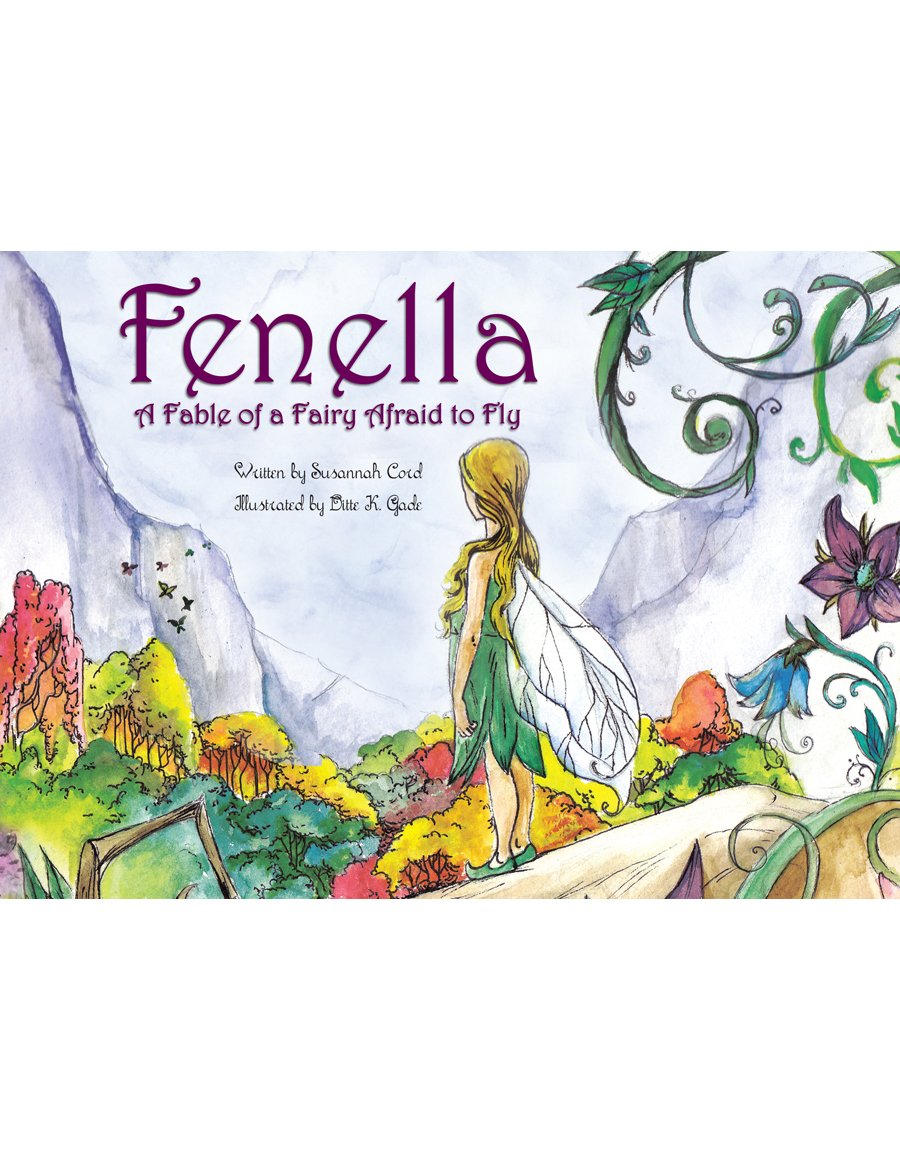

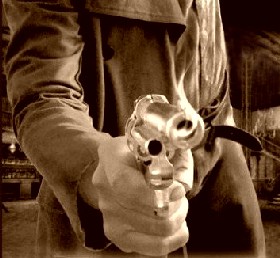
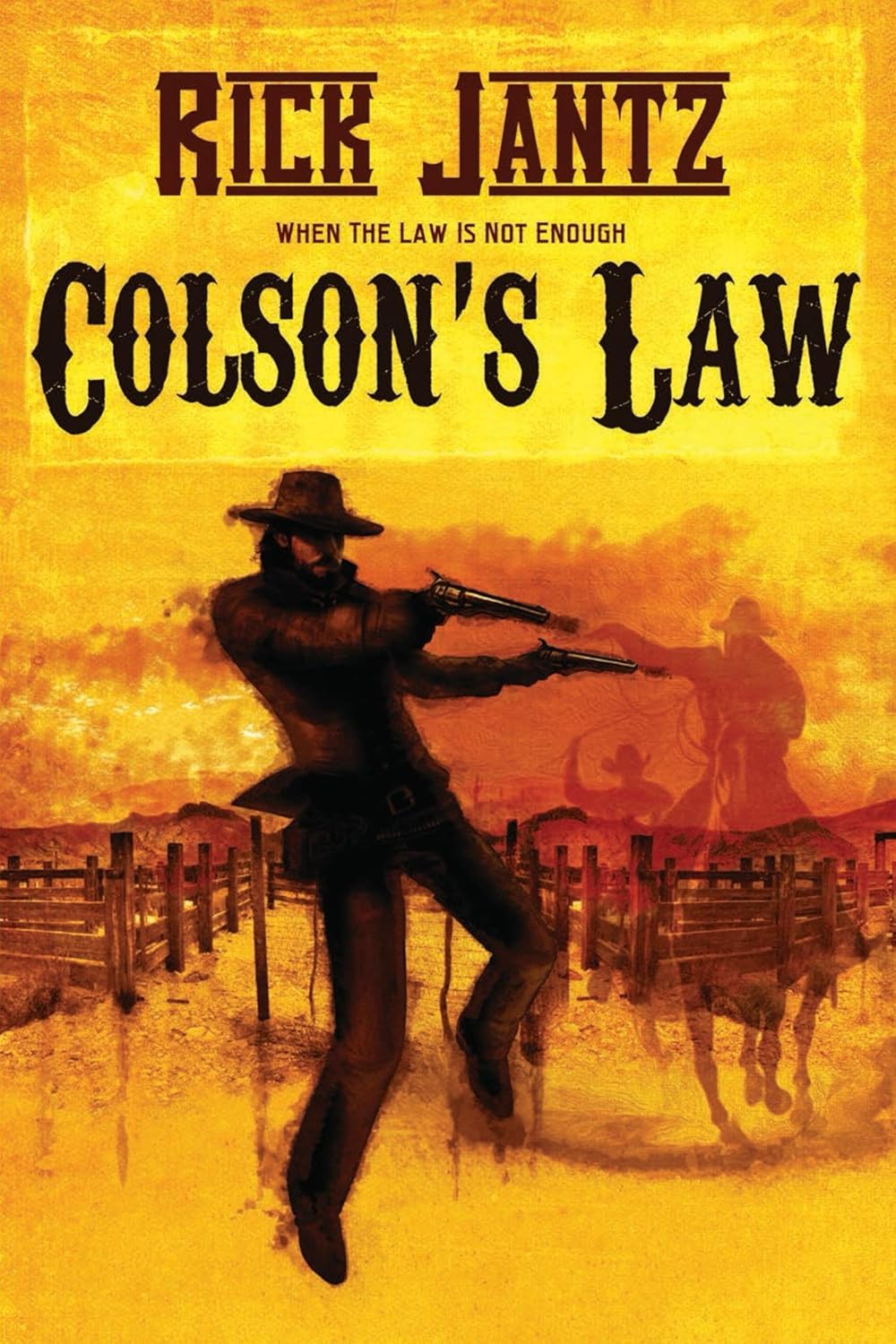


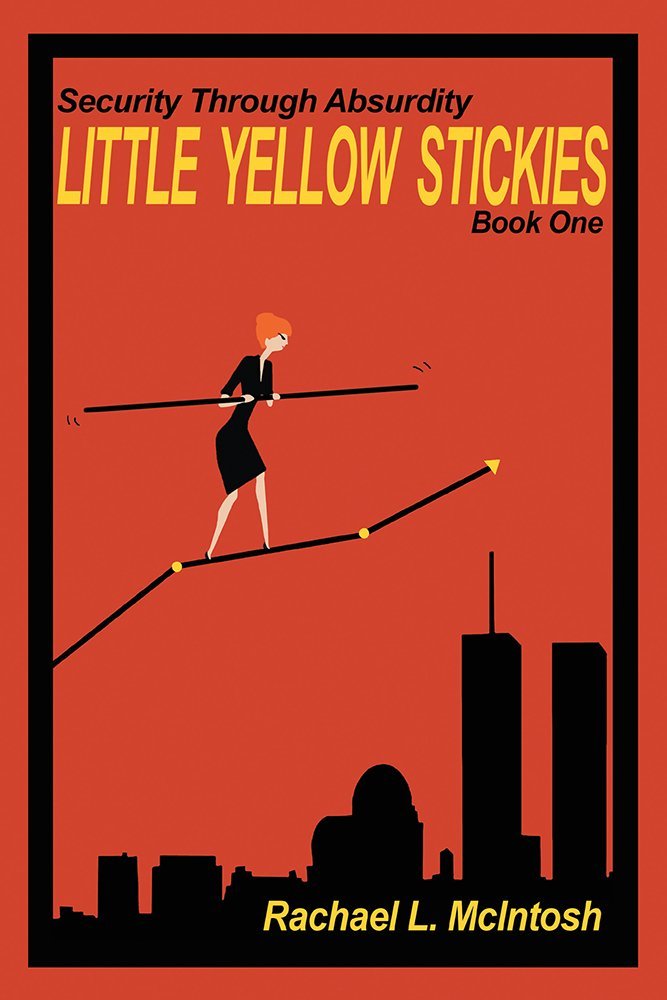


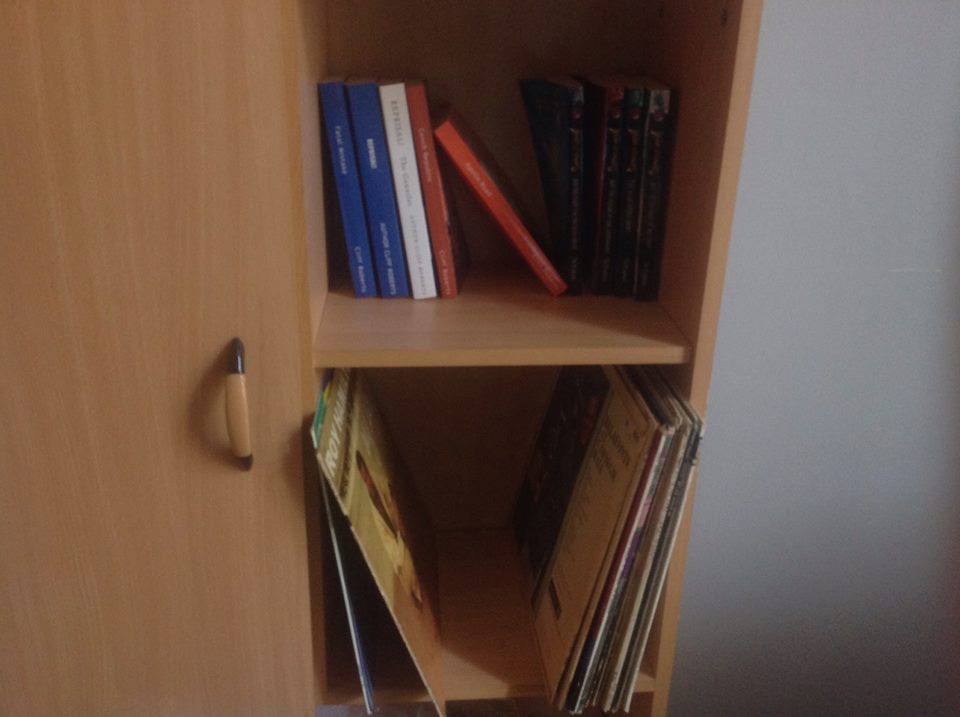
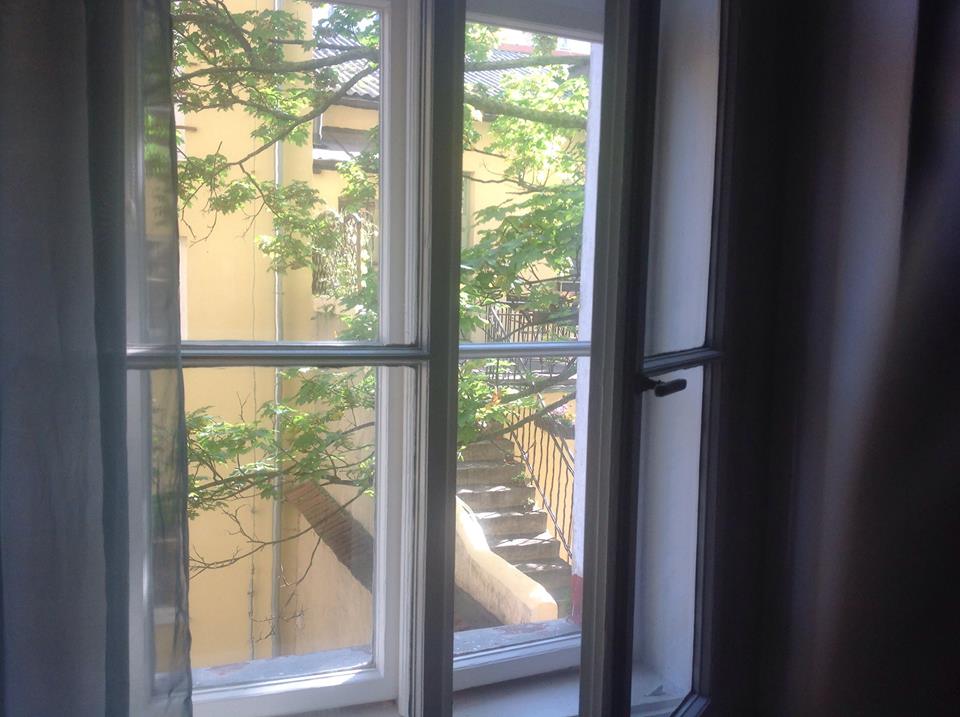
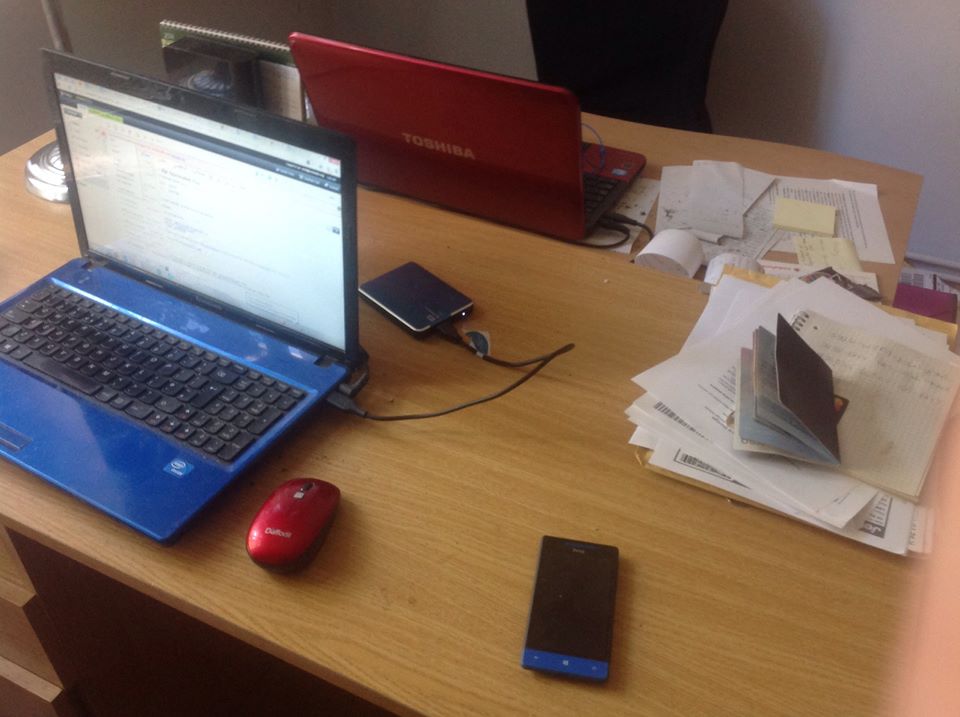
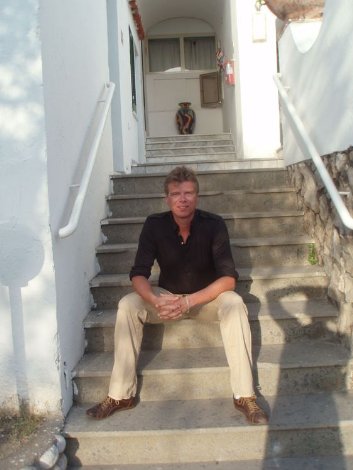

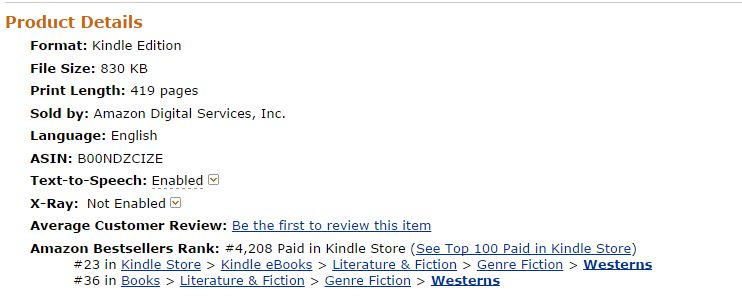
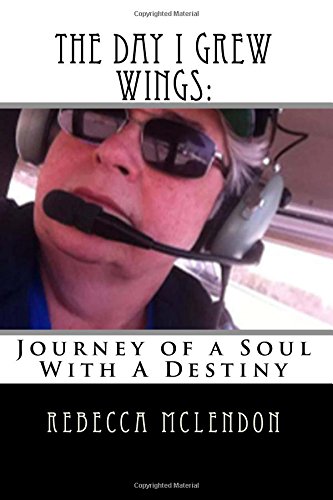


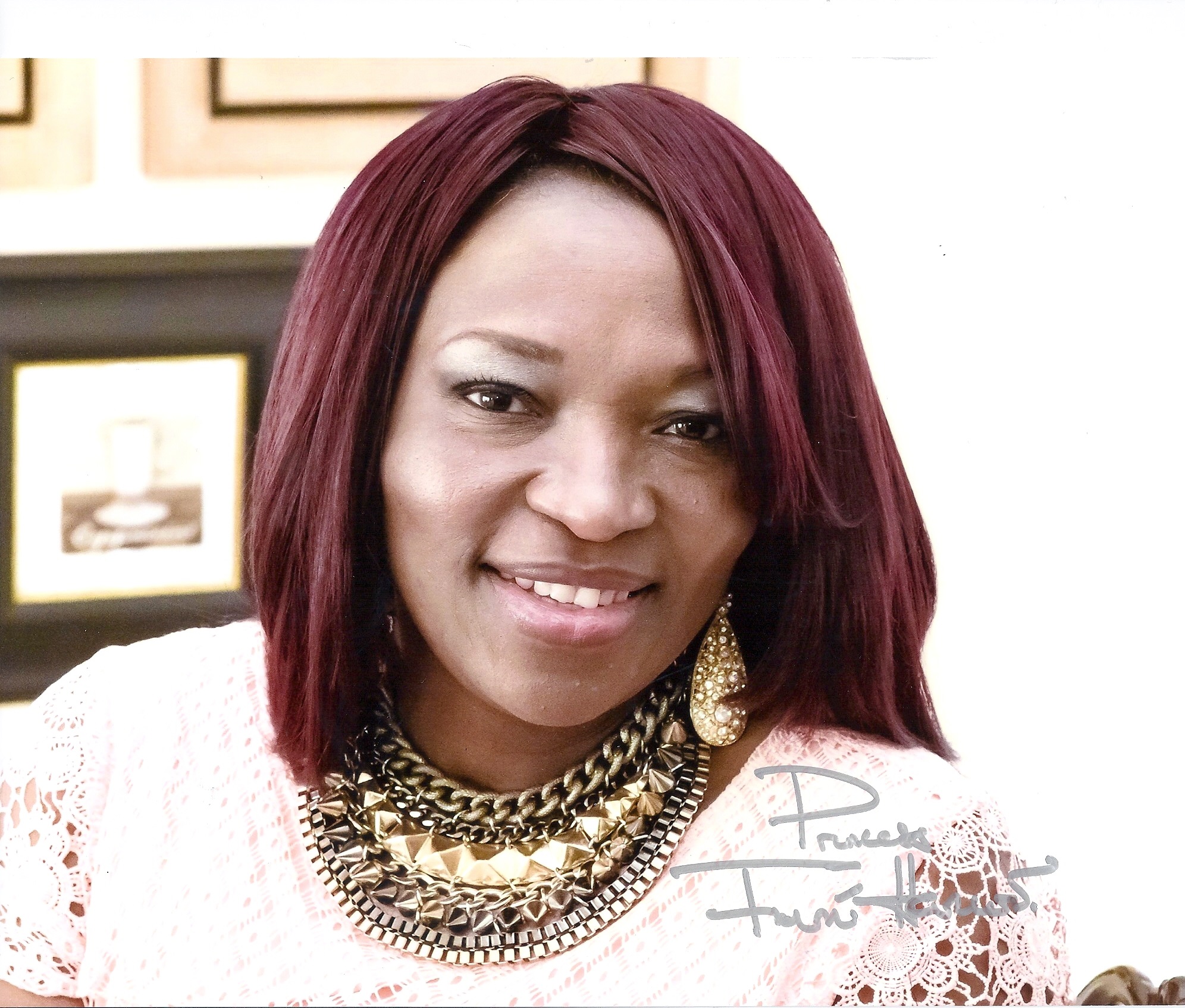
Recent Comments